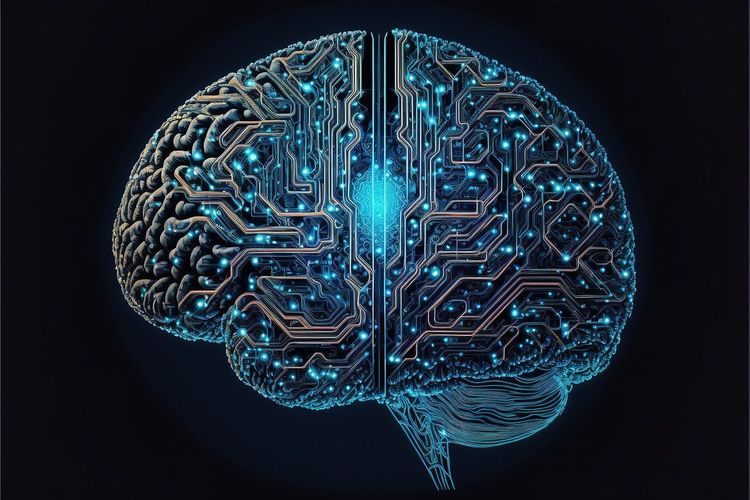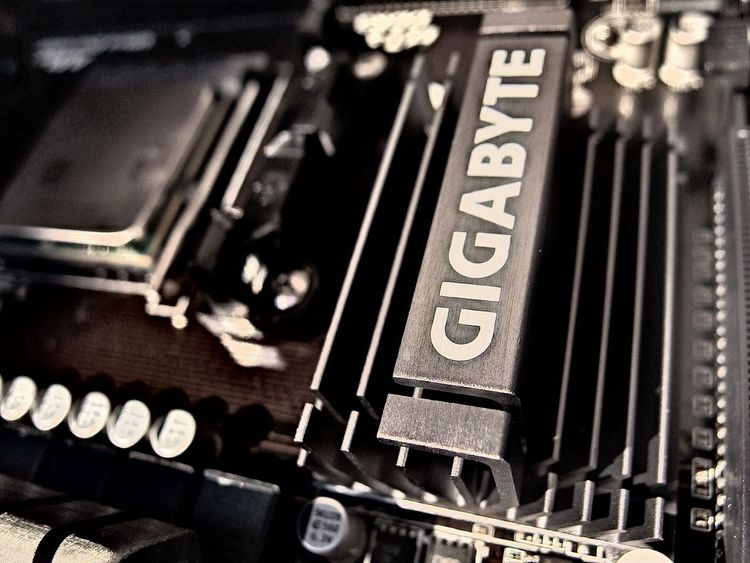Are we on the verge of creating an intellectual superior to humanity? Many believe we are approaching this monumental development. Last week, Ilya Sutskever launched his startup, Safe Superintelligence, Inc. (SSI), aimed at developing advanced artificial superintelligence (ASI)—an AI model that could surpass human abilities. Sutskever stated, “superintelligence is within reach,” emphasizing the simultaneous focus on safety and capabilities.
Sutskever’s qualifications lend weight to his ambitious goals. As a founding member and former chief scientist at OpenAI, he contributed to the development of “AlexNet” at the University of Toronto alongside Geoffrey Hinton and Alex Krizhevsky, a pivotal moment for deep learning that began a surge in AI advancements over the past decade.
Notably, SoftBank CEO Masayoshi Son recently echoed Sutskever’s optimism, predicting that AI “10,000 times smarter than humans will be here in 10 years.” He described achieving ASI as his life mission.
AGI in 5 Years?
While superintelligence extends beyond artificial general intelligence (AGI)—which is also hypothetical—AGI would surpass human abilities in various economically valuable tasks. Hinton suggests we may see AGI within five years, while Google’s Ray Kurzweil predicts it could arrive by 2029. However, a lack of consensus on AGI definitions complicates these predictions.
Some experts, like AI researcher Gary Marcus, argue that the current focus on deep learning and language models will never yield AGI, viewing these technologies as fundamentally limited. Pedro Domingos, a professor at the University of Washington, dismisses superintelligence as a figment of imagination, humorously asserting that “Ilya Sutskever’s new company is guaranteed to succeed because superintelligence that is never achieved is guaranteed to be safe.”
What’s Next in AI?
The debate surrounding AGI and superintelligence continues, but it’s essential to differentiate these futuristic concepts from our current AI capabilities. Instead of solely fixating on distant possibilities that fuel stock market excitement and public anxiety, we should turn our attention to immediate advancements poised to shape the AI landscape.
In the coming years, we can expect continued evolution and proliferation of AI capabilities across language, audio, image, and video models. Although these innovations may not culminate in AGI or superintelligence, they will enhance AI’s utility, reliability, and application across various sectors.
Challenges persist; notably, AI models can sometimes “hallucinate” or fabricate information, undermining reliability and inhibiting widespread adoption. Strategies like retrieval-augmented generation (RAG), which incorporates real-time information, and “semantic entropy,” utilizing one language model to verify another, may improve accuracy.
Navigating the AI Landscape
As AI tools become more reliable in the next few years, their integration into business applications and workflows will likely increase. Many current efforts have not met expectations, which is understandable given that AI represents a monumental shift. Information gathering and learning how to effectively deploy AI tools are still in progress.
Wharton professor Ethan Mollick recognizes this sentiment, noting that no one—from consultants to software vendors—has definitive answers on how to leverage AI across industries. He believes progress will stem from workers and managers experimenting with these tools to realize their potential value.
Recent innovations highlight this potential. Nvidia’s Inference Microservices expedite AI application deployments, while Anthropic’s Claude Sonnet 3.5 chatbot reportedly outshines competitors. We see AI technologies finding applications in diverse contexts, from classrooms to auto dealerships.
Acceleration of AI Progress
A significant indicator of rapid progress was Apple’s recent announcement of Apple Intelligence. By entering the AI market—often only when technology has matured and demand is established—Apple signals that AI has reached a critical inflection point.
Apple Intelligence promises deep integration across applications, creating a personalized user experience. Users will eventually be able to issue complex multi-step requests using natural language, functioning as “agents” that streamline interactions across multiple apps.
During the launch event, SVP of Software Engineering Craig Federighi illustrated this capability. For example, the system could manage scheduling conflicts by finding relevant documents and predicting traffic, ensuring users make it to significant events on time.
This vision of AI agents executing complex tasks reflects a broader transition in the industry towards what some call the “Agentic Era.”
The Rise of Autonomous Agents
There is a growing discourse about evolving beyond basic chatbots into “autonomous agents” capable of executing interlinked tasks from single prompts. These systems utilize large language models (LLMs) to perform complex actions, from developing software to making travel arrangements. Companies like Microsoft, OpenAI, and Google DeepMind are working on agents to automate complex tasks.
OpenAI CEO Sam Altman describes this vision as creating a “super-competent colleague,” a true personal assistant that understands an individual’s entire life context.
This advancement will also extend to enterprise applications. McKinsey senior partner Lari Hämäläinen notes that these agents could help automate processes and assist workers in complex workflows.
Start-ups like Emergence are emerging in the enterprise domain with agent-based systems designed to handle tasks typically managed by knowledge workers.
Looking Ahead
The development of AI agents will enhance our interconnected digital experiences, both personally and professionally. While the timeline for achieving AGI and superintelligence remains uncertain, the rapid progression of AI technologies guarantees transformative advancements.
Navigating this evolving landscape enables significant potential for AI-driven innovation. By proactively investing in AI, upskilling workforces, and addressing ethical considerations, businesses can position themselves for success in this dynamic future.
Gary Grossman is EVP of Technology Practice at Edelman and the global lead of the Edelman AI Center of Excellence.







